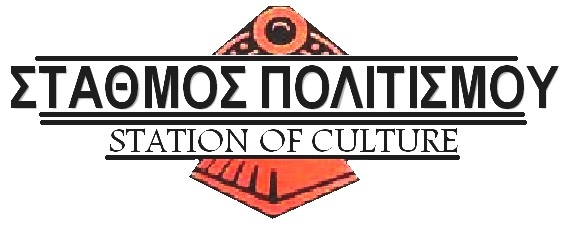Alpha Bank was present at the opening day of Delphi Economic Forum VII, with the participation of Mr. Kostas Kostis, Advisor to the Management of the Bank and Head of its Historical Archives, Professor of Economic and Social History at the Department of Economics of the University of Athens, in the academic discussions on the occasion of the 200th anniversary of the Asia Minor Catastrophe and the creation of the Greek state.
“The similarities between the interwar years and current times are striking, as the course of the interwar period seems in many respects to be parallel to the period which began with the subprime loans crisis in 2008, which continues to unfold before us, without anyone being, in fact, able to predict the outcome. The element that the two periods have in common is that they constitute two phases of deglobalization across all fronts (economic, political, social and military), which influenced, among other things, the shaping of the Greek state, and continues to do so,” pointed out Mr. Kostis, explaining that other common elements of the two periods include the slowdown of international economic activities, the restriction of the influence of liberal democracy, the increased social inequality and the use of violence on a small or large scale. Referring to the basic framework of both these periods, he noted that this involves a multipolar international system in which no single power can impose itself as the leader – a situation that causes instability, making predictions impossible.
“The modern Greek state was formed during the interwar years”
Expressing his scientific view that the modern Greek state “as we know it today, was formed in the years of the Greek interwar period, in other words from 1922 onwards”, Mr. Kostis noted that “it was formed under the pressure in the aftermath of the Asia Minor catastrophe and the agonizing efforts of the country’s political elites to upgrade the Greek presence in Southeastern Europe.”
He also referred to a number of individual elements corroborating the view that “the Greece of 1922-23 is much more similar to today’s Greece than to that before the Balkan Wars,” such as the country’s size in terms of its territory and population, the systematic utilization of the domestic resources for the country’s economic development, the effort of the Greek state to penetrate the physical and social space in order to impose its policies, the agricultural reform and the strengthening of the populations and the economy, for example, through the establishment of the Agricultural Bank or the implementation of large infrastructure projects. Mr. Kostis then discussed some of the most important economic and social facts of the 1930s, which, although at an institutional level “[they] were shaping the conditions for strengthening the dynamics of democracy, at the level of social reforms they were creating a reverse dynamic” that led to the 4th of August Regime.
“The Greek state turns to a different rationale and practice in the years immediately following the Asia Minor catastrophe,” stressed the Head of the Alpha Bank Historical Archives, to conclude: “That period was directly affected by the deglobalization phase which the world had entered after the outbreak of the First World War, forcing the country to realign its policies and goals in order to improve its position in the global division of labor as well as in the international hierarchy of states, a position which had been downgraded as a result of the Asia Minor catastrophe.”
Alpha Bank’s presence in the Delphi Economic Forum VII will continue throughout the duration of the conference with the Chair of the Board of Directors, Vasileios Rapanos, the Group CEO, Vassilios Psaltis, and Senior Executives, who will express their views, among other things, on the development and change of the financial sector in the near future, the opportunities and challenges of the Recovery and Resilience Facility (RRF), the credit expansion, the digital transformation and the real estate market.
Source: Press Release


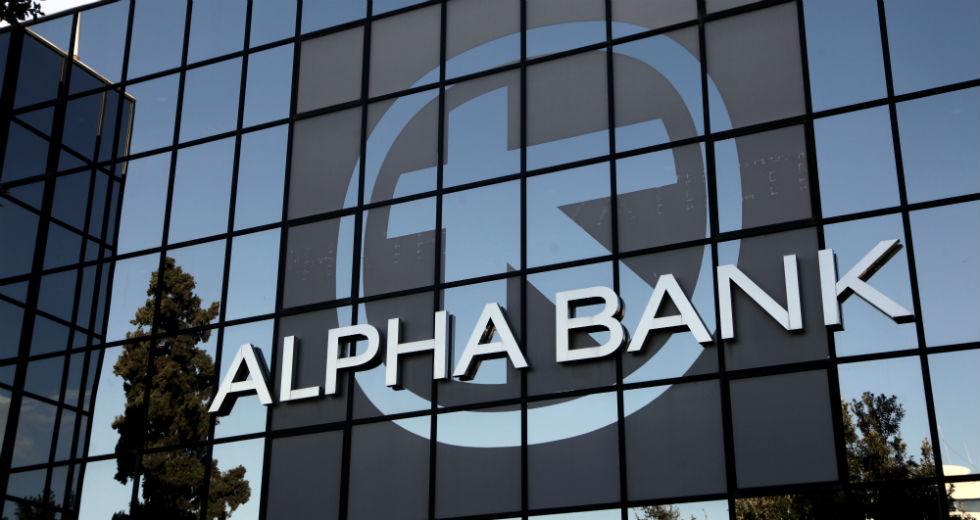





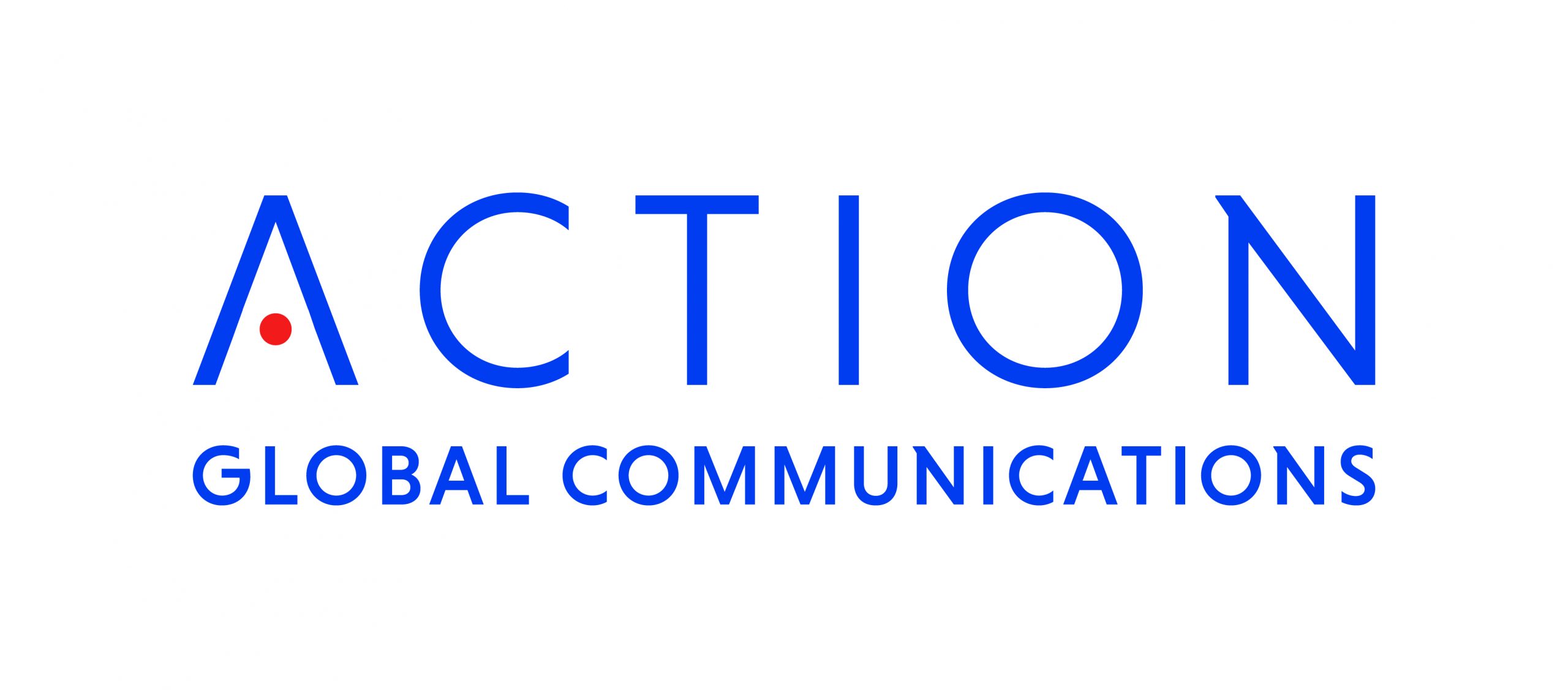











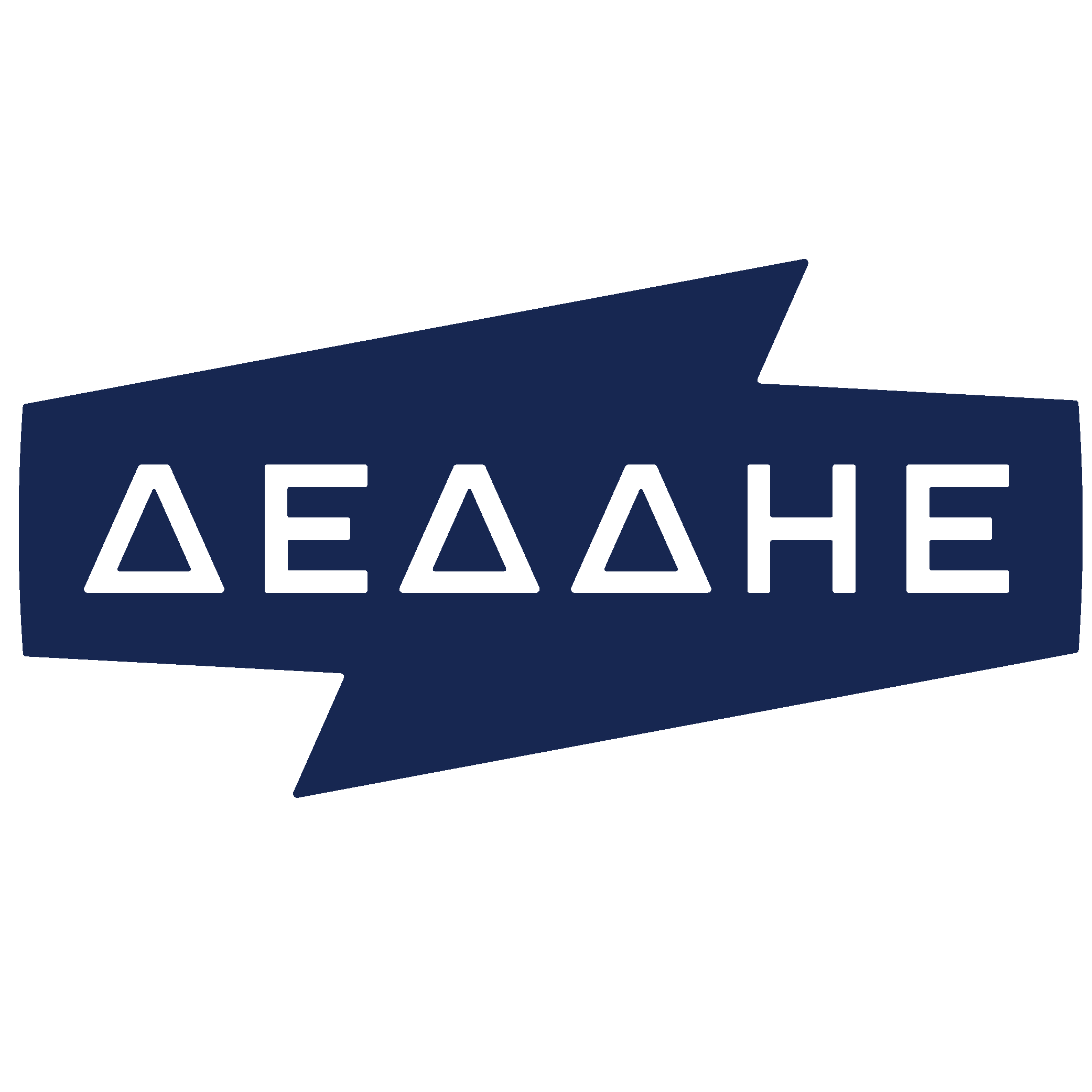










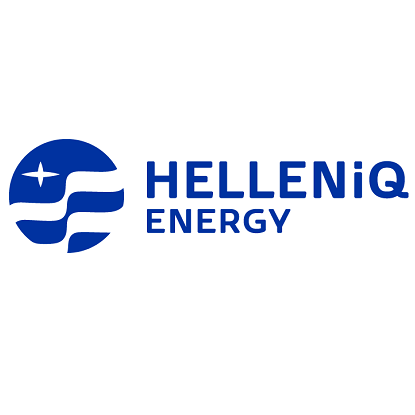



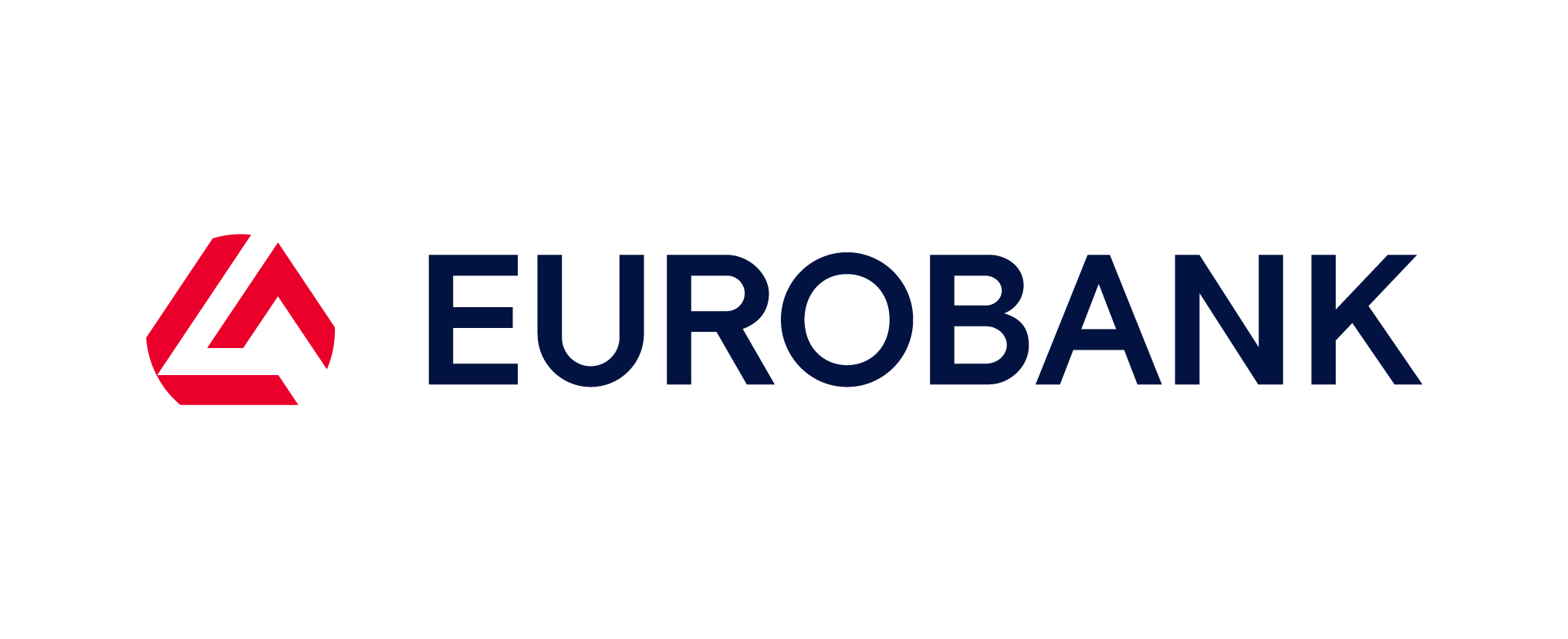

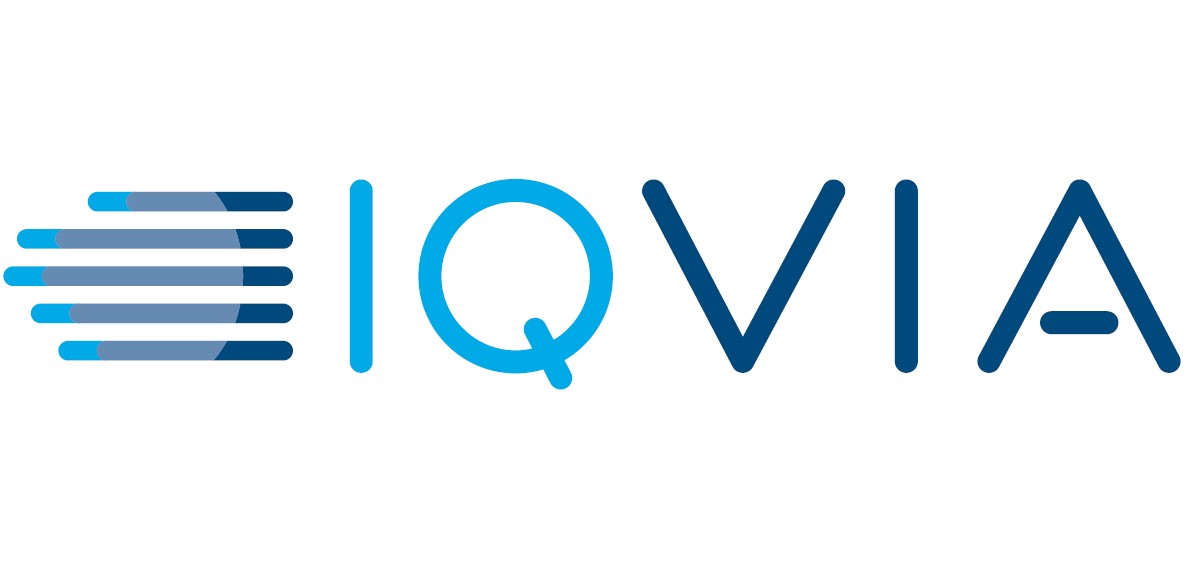









1.jpg)












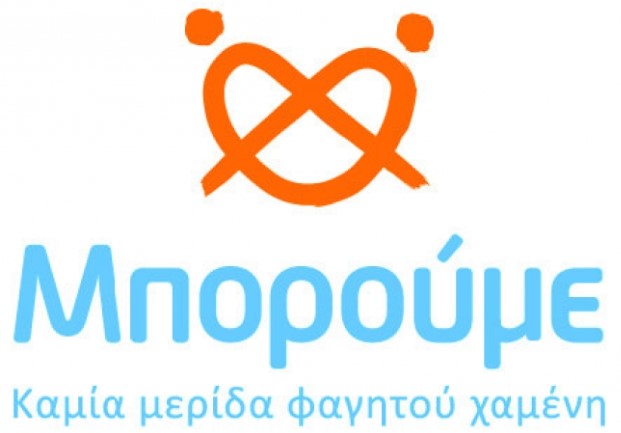




.jpg)
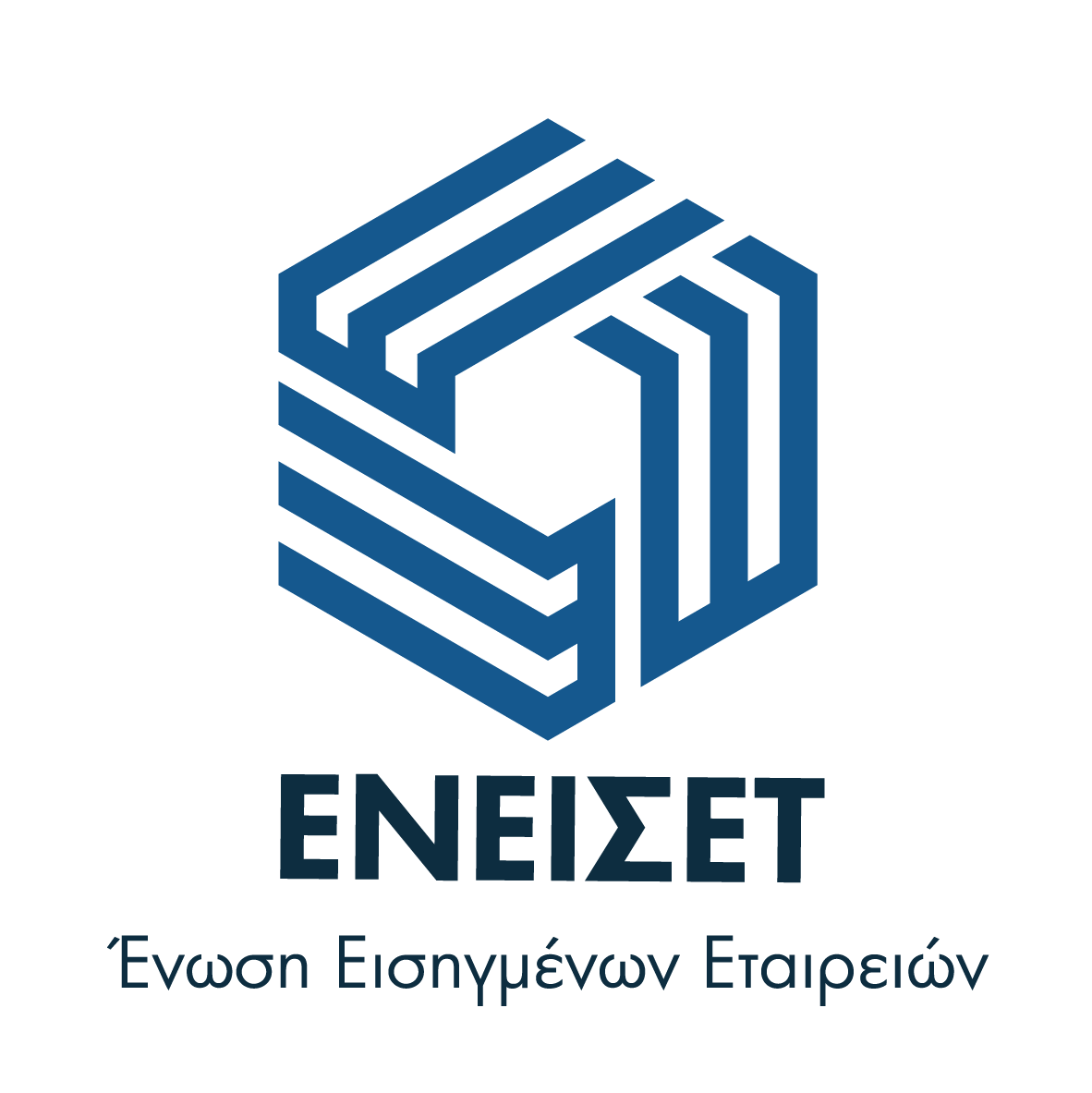




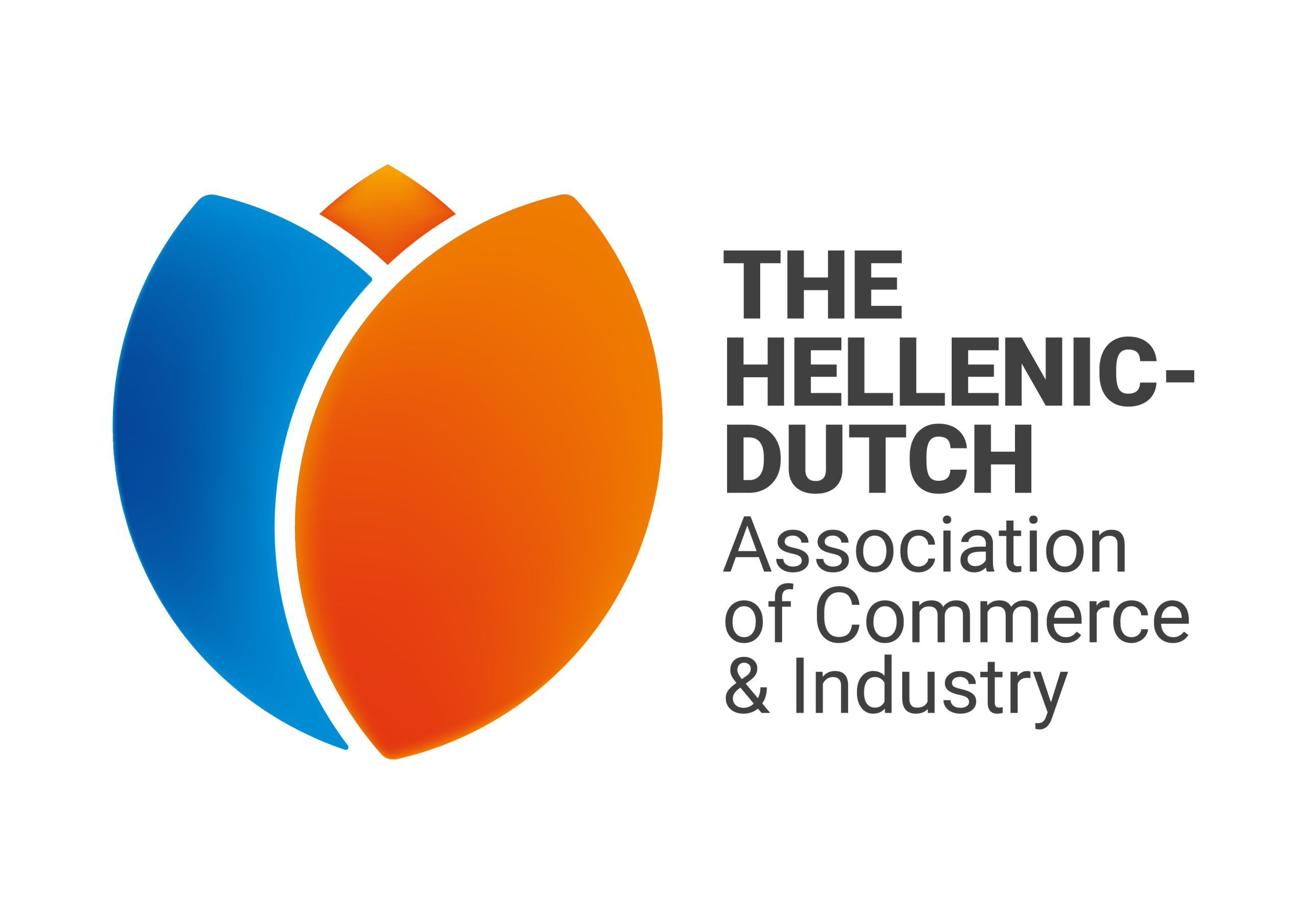
.jpg)



_.jpg)
.jpg)





